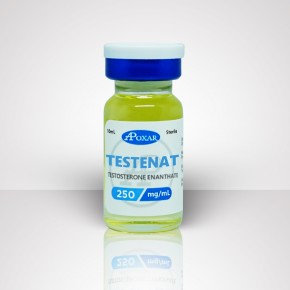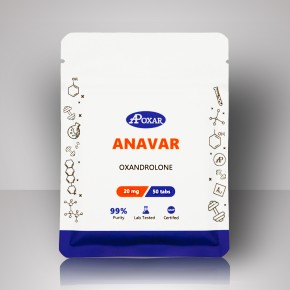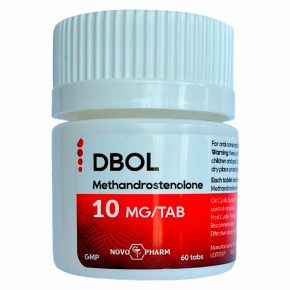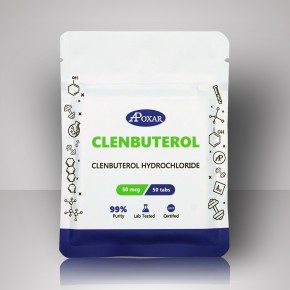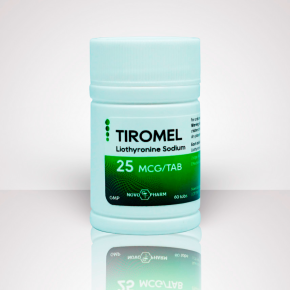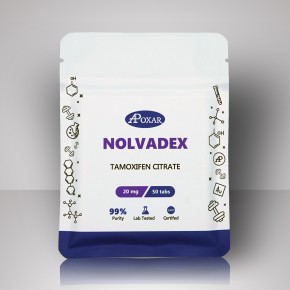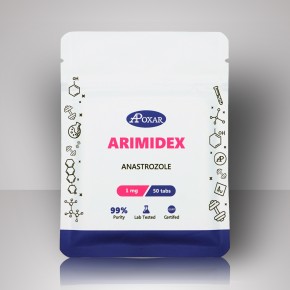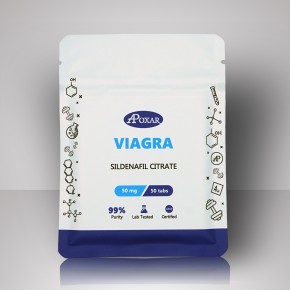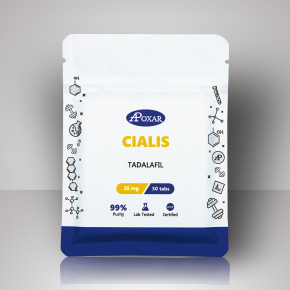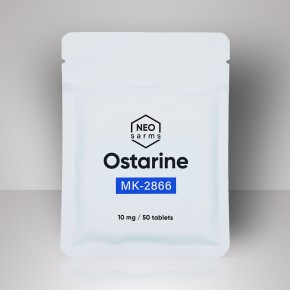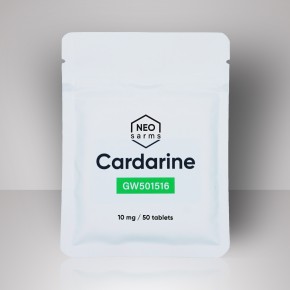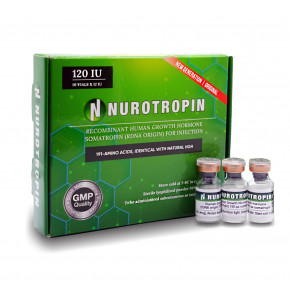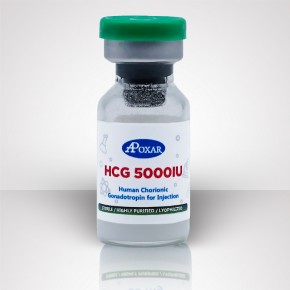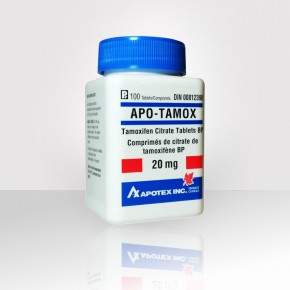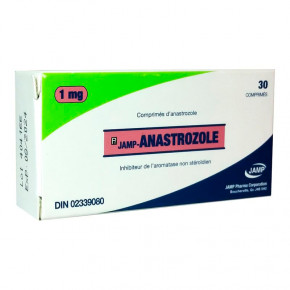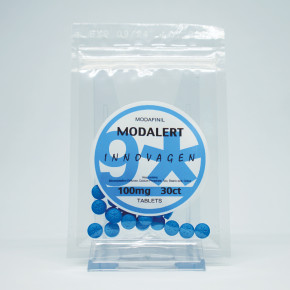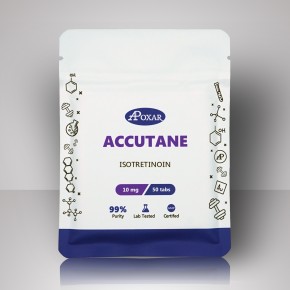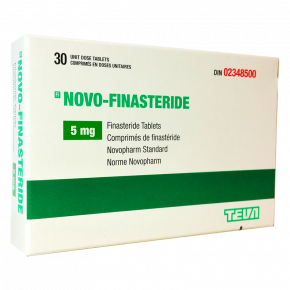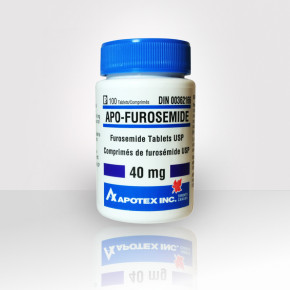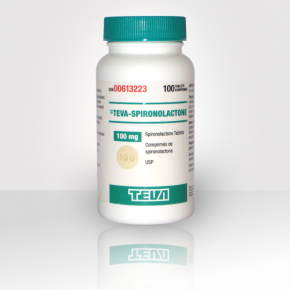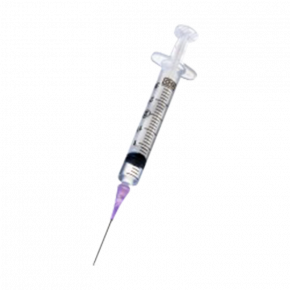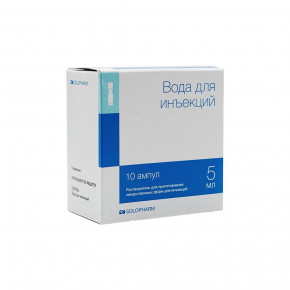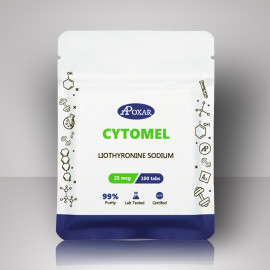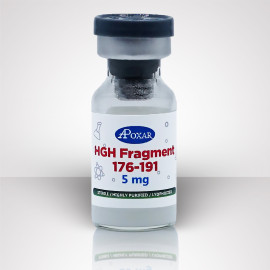Reviews
-
12.09.25
sweat pouring after 30 minsFRANKLIN
-
26.06.24
still one of the best fat burners out therematthew c
What is Ephedrine
Ephedrine is a sympathomimetic of natural origin, widely used as a cutting compound by athletes worldwide. It shares some similarities with adrenaline, providing additional CNS stimulation and increasing the release of free fatty acids.
Ephedrine is mainly used for weight loss due to potent appetite suppression, its effect on adipose tissue, and its positive impact on the body’s metabolic rate. This compound can be found in many weight loss supplements; however, it’s just as good on its own or in an E/C/A stack.
Ephedrine Benefits
Ephedrine is mostly popular for its fat-burning properties, specifically:
- Reducing weight: athletes can lose up to 2–4 lbs per week, depending on the individual response to the compound, training schedule, and diet;
- Increasing metabolic rate: this effect can be useful for muscle building, strength gains, fat loss, and more since Ephedrine isn’t catabolic;
- Enhancing mood and motivation: Ephedrine can provide additional mental benefits, boosting competitiveness and focus, and increasing energy levels.
Ephedrine can help you push past your limits and get shredded without getting tired or weak (which is common on a calorie deficit). Instead, it’ll keep your stamina high, allowing you to push past your limits and train harder.
Ephedrine Side Effects
Some of the Ephedrine side effects may include:
- Tremor;
- Dizziness and headaches;
- Increased heart rate and heart palpitations;
- Insomnia and agitation;
- Nausea and acid reflux;
- High blood pressure, chest pains, and excessive sweating.
The potency of side effects can vary from one person to another due to pre-existing medical conditions, individual reactions, used dosages, and cycle length.
Even though Ephedrine can cause cardiovascular side effects, such as heartburn, arrhythmias, or increased blood pressure, it also can provide some benefits concerning LDL and HDL cholesterol values.
Ephedrine Contraindications
Ephedrine can’t be taken by patients who have been diagnosed with thyroid dysfunction, cardiovascular disorders, increased blood pressure, or an irregular heartbeat. The compound’s administration isn’t advisable for individuals with CNS or mental health disorders.
Ephedrine Dosage
The recommended Ephedrine dosage varies between 20 and 55 mg. The compound should be taken once or twice per day. It’s way safer to start with the lower dosage, using 20 mg/day or 20 mg/2x/day.
The average Ephedrine cycle length is 5–8 weeks. You can always increase the dosage if you feel like it.
How to Take Ephedrine
|
When to take it |
1–3 times per day; the last dose should be taken at least 3–4 hours before sleep |
|
Dosage Instructions |
20 to 55 mg (one dose) |
|
Cycle Length |
5–8 weeks |
|
Food Interaction |
Taking caffeine or energy drinks can increase the potency of CNS side effects |
|
Alcohol Interaction |
Limit alcohol consumption |
|
Drugs Interaction |
Ephedrine can’t be taken with Dexamethasone, Digoxin, Theophylline, or Ergotamine |
E/C/A Stack
Ephedrine can be stacked with aspirin and caffeine to increase your energy levels (as a pre-workout combination) and aid you in losing weight. Here’s how it can be done:
Week |
Ephedrine |
Caffeine |
Aspirin |
1–2 |
20–25 mg/day |
200 mg/day |
300 mg/day |
3–5 |
20–25 mg/2x/day |
200 mg/2x/day |
300 mg/2x/day |
6 |
20–25 mg/3x/day |
200 mg/2x/day |
300 mg/day |
7–8 |
20–25 mg/2x/day |
200 mg/day |
300 mg/day |
One of the physiological signs that this stack is doing its job is a slight increase in body temperature. If the temperature goes back to normal, you may consider higher dosages or an off-cycle gap to restore your body's sensitivity to this combination.
Common Questions About Ephedrine
Does Ephedrine Suppress Appetite?
Yes, Ephedrine suppresses appetite, promoting weight loss and increased calorie expenditure. It has been estimated that the user can lose an additional 2–4 lbs per week.
What is Ephedrine Used for in Bodybuilding?
Ephedrine is popular among bodybuilders for its fat-burning properties. However, it’s also used as a pre-workout compound when stacked with caffeine.
Is Ephedrine a Steroid?
Ephedrine isn’t a steroid. It’s classified as sympathomimetic, acts as a weight loss and CNS stimulation compound, and doesn’t have any influence on testosterone levels. That’s why you don’t need PCT after an Ephedrine cycle.

 Trusted by 50,000 Customers
Trusted by 50,000 Customers